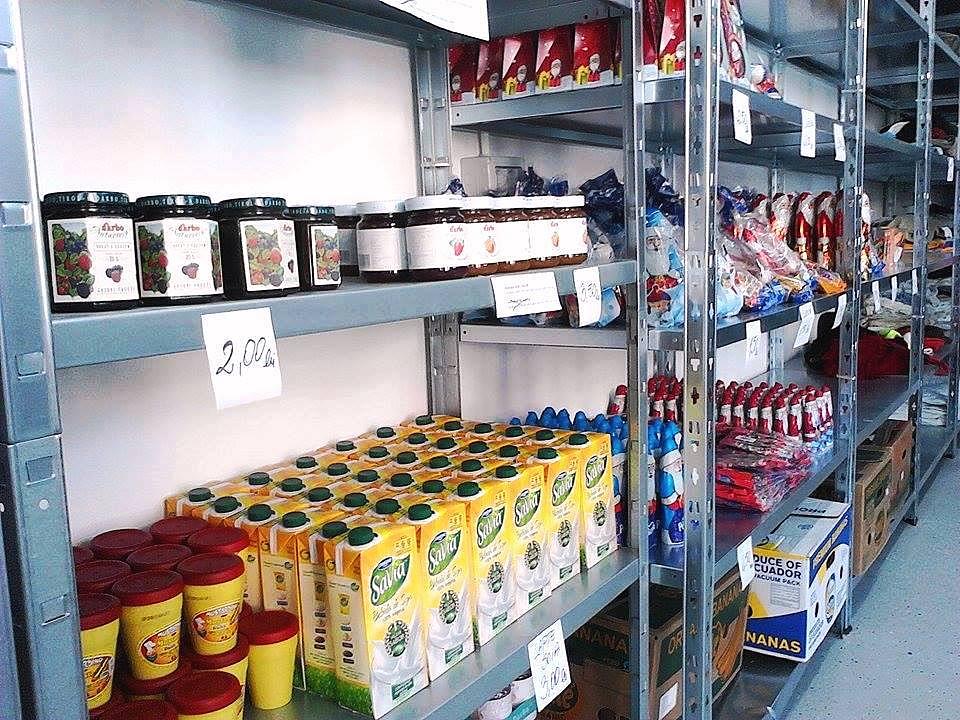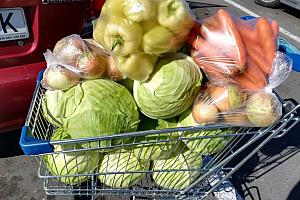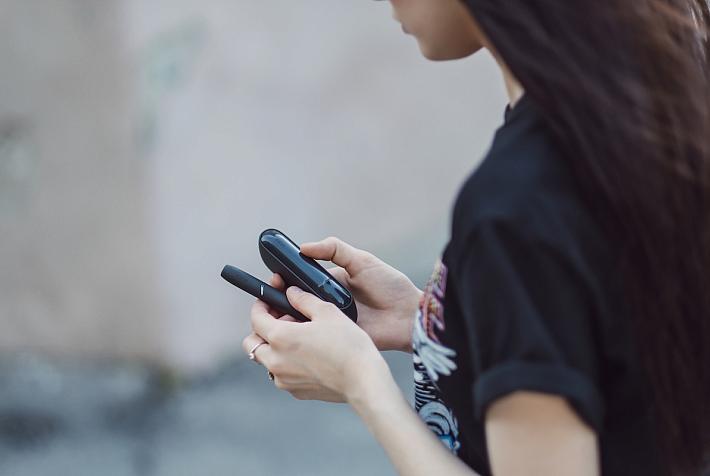Social store bets on companies, authorities’ involvement for further expansion in Romania

Somaro, a social store for people on a low income, is looking for further support from the local authorities and companies to expand in the capital and in the country, Wall-street.ro reported.
The store has units in Bucharest, in Matache Square, and in Sibiu. It sells both food and non-food items at very low prices to people with low incomes.
The store is the result of a partnership between the District 1 City Hall and the social affairs department of the Austrian Embassy. Following a partnership closed in 2007, the City Hall offered the space for the store and committed to paying the electricity. It also sends low-income clients to store, who can buy products from Somaro using a card issued by the store based on lists received from the City Hall. Some 630 families are currently registered on the lists.
The store is open Monday to Saturday and clients can choose three days a week when they can come and shop of maximum RON 10.5 (a little over EUR 2). In the Sibiu store for instance, with this sum the clients can buy yogurt, priced RON 1, or a kilogram of fruits, at a similar price.
Somaro collaborates with producers, distributors and retailers, from which they receive various products.
The retailer has been trying to open another store in Bucharest and one in Ploiesti, some 60 km north of the capital, for some time now. In the case of the Bucharest, talks are underway for a venue in District 6. “I am hopeful but it remains to be seen,” Simon Suitner, the manager of the store, told Wall-street.ro. Meanwhile, the Ploiesti store received financing from retailer Kaufland to purchase chiller rooms and a car to use to collect the products and is waiting for a notice from the local authorities on an available location and the potential beneficiaries.
Setting up and running a social store can prove easier outside of Romania, the manager told Wall-street.ro. He gave the example of Austria, where stores collaborate with the social services. The stores set a limit for one person or for a couple, and each person can come with proof of their income and properties and, based on this, a card for the store is issued.
Another aspect making things easier is that less paperwork is involved for each delivery that is made. “Here, you need a pile of paperwork for each piece,” Suitner explained.
Another reason is the legal difference made between “best before” and “used by”. This means that over half of the products in social stores are past their “best before” but are tested by store employees so that they are fit for consumption. Clients are also informed of this.
(Photo: Asociaţia Somaro - Magazinul Social Facebook Page)
editor@romania-insider.com













